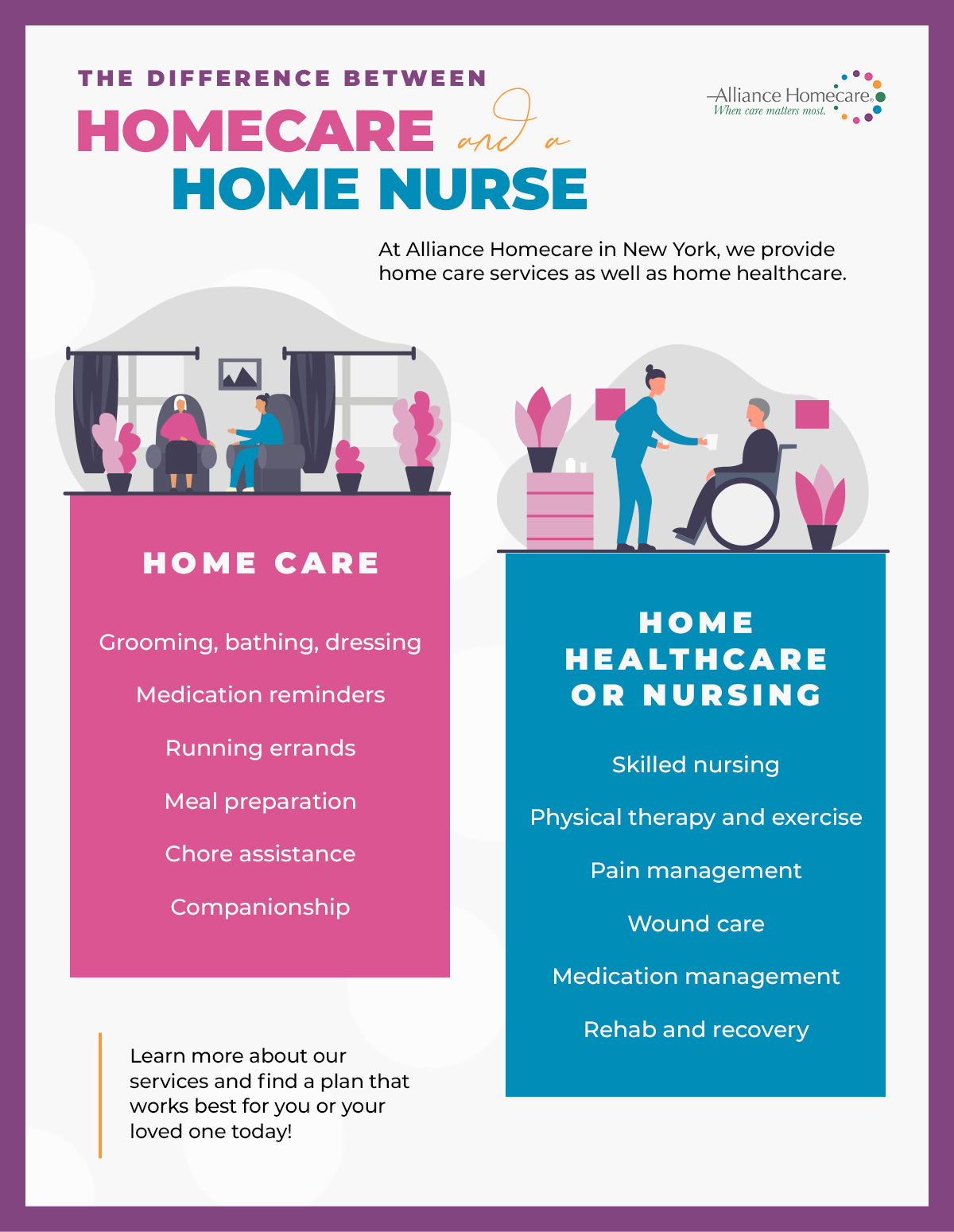
Science is an interesting subject to learn about. Marie Curie, Stephen Hawking, and Albert Einstein are just a few of the world's most well-known scientists. These people pursued their passions all through their lives and achieved worldwide recognition. Science education opens the door to many amazing careers. It is possible to do science jobs that seem impossible. However, it is possible if one has the right education. Let's take an overview of a few. Here are some of the best science careers.
Biomedical engineers
Biomedical engineering could be the right career for you if your interests include engineering sciences and working with people. This field is expected increase in demand, which means there are many options for those who want to pursue it. This article will highlight the advantages of a career biomedical engineering and some of the most exciting careers in the field. We hope you find this article helpful in finding the right career path.

Biomedical engineers are responsible for the design and maintenance of medical devices such as prosthetics. They maintain computerized records about medical equipment, and they also purchase and maintain medical products and instruments. Rehabilitation engineering is the specialty of biomedical engineer. It helps people recover from their physical disabilities. Other careers in biomedical engineering include medical imaging, which involves taking images inside the human body, and tissue engineering, which involves the development of tissues and organs that can replace failing bodily functions.
Biomedical engineers will collaborate with scientists and medical professionals to create systems and products to treat disease. From small-scale products to large-sized medical devices, you'll be developing new materials. Materials engineers must carefully formulate and structure these materials to work effectively with the human body. Biomedical engineering will require a high level of academic preparation. This field is rewarding and can lead to a fulfilling career.
Registered nurses
A registered nurse (RN) is a medical professional who monitors the condition of patients and treats their ailments, including administering medicines and establishing quality assurance procedures. Registered nurses may also be employed by other medical professionals and health care providers. According to the Bureau of Labor Statistics (Board of Labor Statistics), there are 16 percent more job opportunities in this field between 2010-2020. However, there are a variety of different nursing specialties, so it's important to choose one that best suits your interests and lifestyle.
Nurses can be flexible with their schedules, which is something that's not possible in many other career options. Nurses can work multiple shifts from overnight stays to weekday mornings. They can even schedule their work in different parts of the day or take time off for personal reasons. In addition to this, nurses are often given a set amount of vacation time each year. Some nursing organizations even offer paid time off for sick days.

Registered nurses also have a specialty in health coaching. Nurses in this area perform health assessments and help insurance companies to determine the best way to offer their clients better health benefits. To be able to do this job, nurses need to have a solid knowledge of statistics and research. Many registered nurses even take classes in statistics as part of their training. There are many options for those who want to work in this area. You can work in schools or in a clinic, or start your business.
FAQ
How can we improve our healthcare system?
We can improve our health care system by ensuring that everyone receives high-quality care, regardless of where they live or what insurance they have.
To prevent children from contracting preventable diseases such as measles (MMR), it is essential that they receive all necessary vaccines.
We must keep working towards reducing the costs of healthcare and ensuring that it remains easily accessible for all.
What are the different health care services?
A health care facility is one that offers healthcare services to patients. A hospital is an example of a healthcare facility. A hospital typically includes several departments like the emergency department and intensive care unit. It also has pharmacy and outpatient clinics.
What are the different types of healthcare systems available?
First, the traditional system in which patients are given little control over their treatment. They may go to hospital A for an operation but if not, they might just as well not bother.
The second is a fee for service system in which doctors make money according to how many tests, procedures, and drugs they do. They won't do extra work if they don't get enough money. You will pay twice as much.
The third system pays doctors according to the amount they spend on care, not by how many procedures performed. This encourages doctors and patients to choose less costly treatment options such as talk therapies over surgery.
What are the three main goals of a healthcare system's healthcare system?
A healthcare system must have three main goals: to provide affordable care, improve patient outcomes, and reduce costs.
These goals have been incorporated into a framework known as Triple Aim. It is based off research by Institute of Healthcare Improvement. IHI published this in 2008.
This framework aims to ensure that we all focus on the same goals and can achieve each goal while not compromising other goals.
This is because they aren't competing against one another. They support each others.
For example, improving access to care means fewer people die due to being unable to pay for care. That reduces the overall cost of care.
Improving the quality of care also helps us achieve the first aim - providing care for patients at an acceptable cost. It also improves the outcomes.
Statistics
- About 14 percent of Americans have chronic kidney disease. (rasmussen.edu)
- For instance, Chinese hospital charges tend toward 50% for drugs, another major percentage for equipment, and a small percentage for healthcare professional fees. (en.wikipedia.org)
- Over the first twenty-five years of this transformation, government contributions to healthcare expenditures have dropped from 36% to 15%, with the burden of managing this decrease falling largely on patients. (en.wikipedia.org)
- Consuming over 10 percent of [3] (en.wikipedia.org)
- For the most part, that's true—over 80 percent of patients are over the age of 65. (rasmussen.edu)
External Links
How To
What are the main segments of the Healthcare Industry industry?
The key segments of the healthcare industry include medical devices, pharmaceuticals, diagnostics, biotechnology, therapeutics, health information technology, medical equipment, etc.
Defibrillators are blood pressure monitors, blood pressure monitors, stethoscopes or ultrasound machines that can be used to diagnose, prevent, or treat diseases. These products are typically used to diagnose, prevent, and treat diseases.
Pharmaceuticals are drugs that are prescribed to treat disease or reduce symptoms. These include antibiotics.
Diagnostics are laboratory tests used to detect illness and injury. Some examples include blood tests and urine samples.
Biotechnology is the process of using living organisms (such bacteria) to make useful substances that can be used to benefit humans. Examples include vaccines, insulin, and enzymes.
The treatment of disease or symptoms with therapeutics is a medical procedure that humans receive. They may include drugs, radiation therapy, or surgical interventions.
Health information technology includes computer software programs that help physicians, and their teams manage data related to patient records. It helps them track which medications are being taken, when they should be taken, and whether they are working properly.
Anything used to diagnose or treat illnesses and conditions, such as diabetes, is medical equipment. Examples include dialysis machines, pacemakers, ventilators, operating tables, etc.